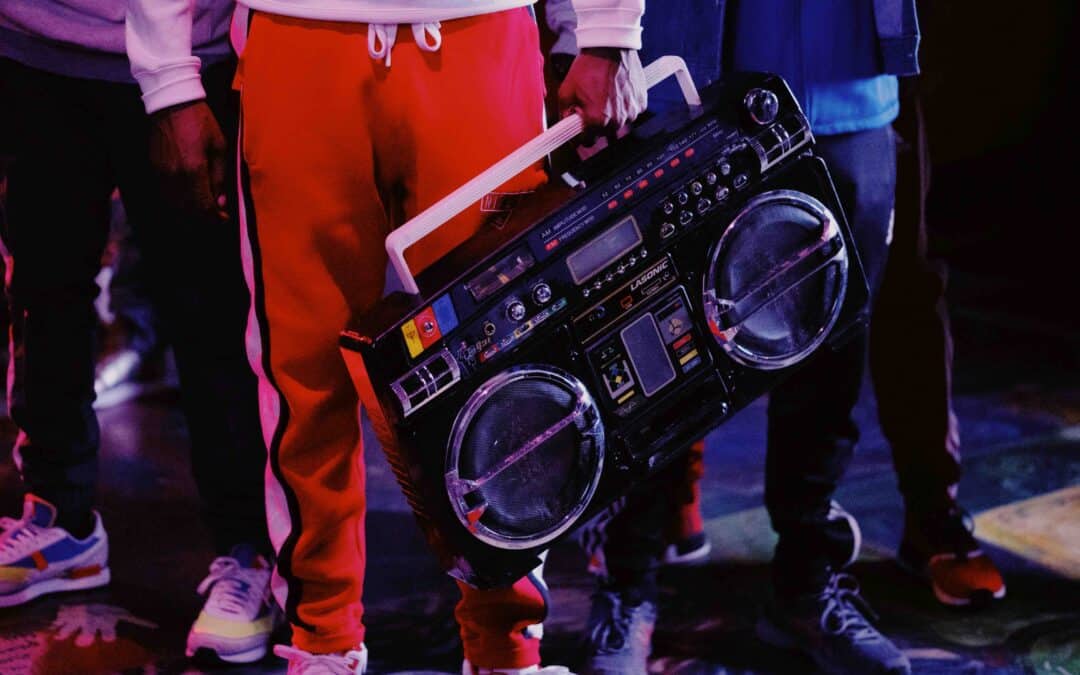Evolution of Hip-Hop: A Journey Through Music Production
Hip-hop, a genre born from the streets of New York City in the 1970s, has evolved into a global phenomenon, influencing cultures, fashion, and most importantly, music production. From its humble beginnings as a form of expression for marginalized communities to its current status as a dominant force in the music industry, hip-hop has undergone a remarkable journey. In this article, we’ll explore the evolution of hip-hop as a musical genre and delve into the pivotal role of music producers in shaping its sound.
The Birth of Hip-Hop:
The origins of hip-hop can be traced back to the South Bronx in the late 1970s, where DJs such as Kool Herc and Afrika Bambaataa laid the foundation for the genre. Using turntables and mixers, these pioneering DJs experimented with looping breakbeats, creating a new form of music characterized by its rhythmic complexity and lyrical storytelling.
The Rise of Sampling:
As hip-hop gained popularity in the 1980s, producers began incorporating samples from a wide range of musical genres, from funk and soul to rock and jazz. Sampling became a fundamental technique in hip-hop production, allowing producers to create intricate beats and melodies by reimagining existing recordings.
Golden Age of Hip-Hop:
The late 1980s and early 1990s are often referred to as the “Golden Age” of hip-hop, characterized by groundbreaking albums from artists such as Public Enemy, Run-D.M.C., and N.W.A. During this period, music production played a crucial role in shaping the sound of hip-hop, with producers like Dr. Dre, DJ Premier, and J Dilla pushing the boundaries of what was possible with sampling and beatmaking.
The Digital Revolution:
The emergence of digital technology in the late 1990s revolutionized the way hip-hop was produced. Sampling became easier and more accessible with the advent of digital audio workstations (DAWs) and samplers, allowing producers to manipulate sounds with unprecedented precision. This era saw the rise of producers like Timbaland, The Neptunes, and Kanye West, who embraced digital tools to create innovative and futuristic beats.
Experimentation and Innovation:
In the 2000s and beyond, hip-hop production entered a period of experimentation and innovation. Producers began incorporating elements of electronic music, trap, and even indie rock into their sound, blurring the lines between genres and pushing hip-hop in new directions. Artists like Kendrick Lamar, Travis Scott, and Tyler the Creator embraced unconventional production techniques, challenging traditional notions of what hip-hop could be.
The Future of Hip-Hop Production:
As we look to the future, it’s clear that hip-hop production will continue to evolve and adapt to new technologies and trends. With advancements in artificial intelligence and virtual reality, the possibilities for creativity and experimentation are endless. However, amidst all the technological advancements, one thing remains constant: the importance of music producers in shaping the sound and direction of hip-hop.
The evolution of hip-hop as a musical genre has been a remarkable journey, driven in large part by the creativity and innovation of music producers. From its humble beginnings in the streets of New York City to its current status as a global phenomenon, hip-hop continues to push boundaries and defy expectations, thanks to the visionary producers who continue to push the genre forward. As we look ahead to the future, one thing is certain: hip-hop production will continue to be at the forefront of musical innovation for years to come.

